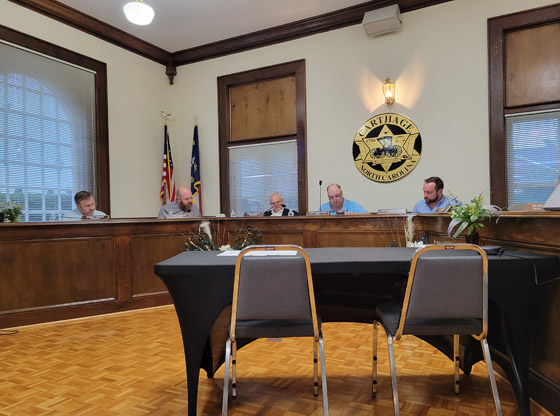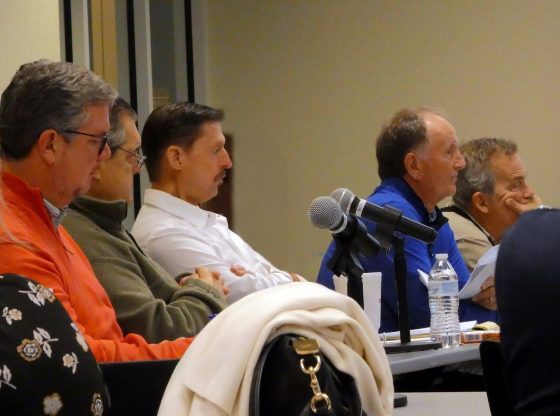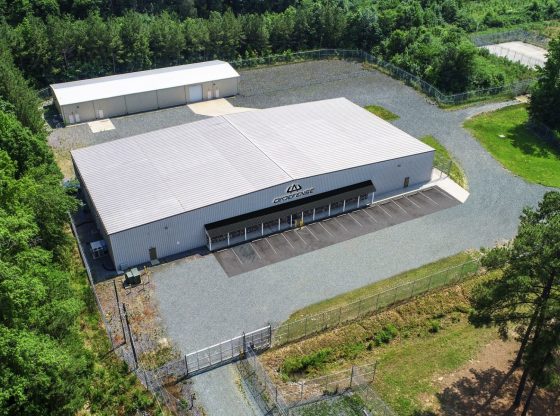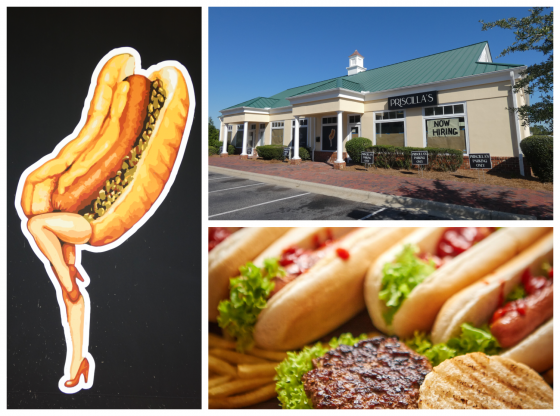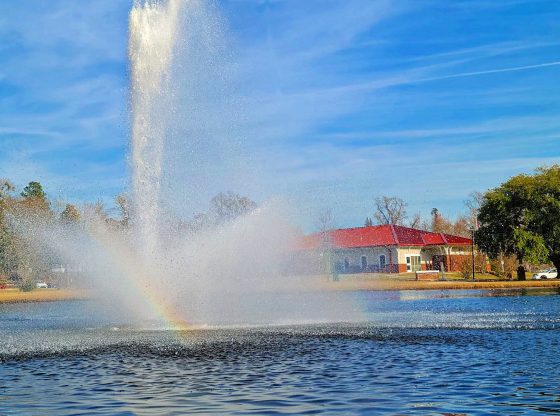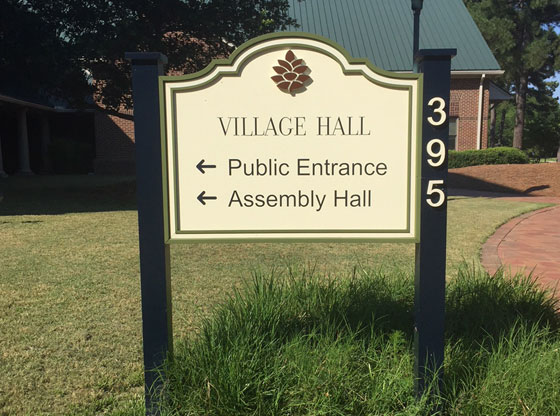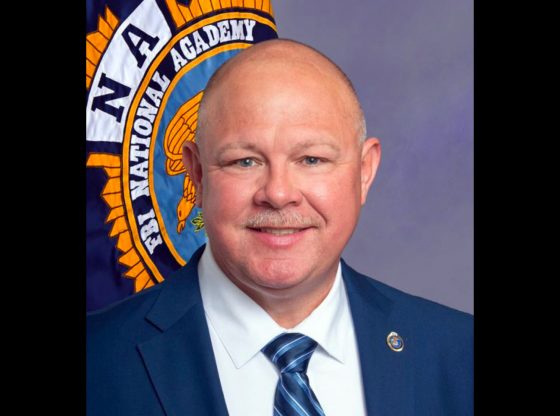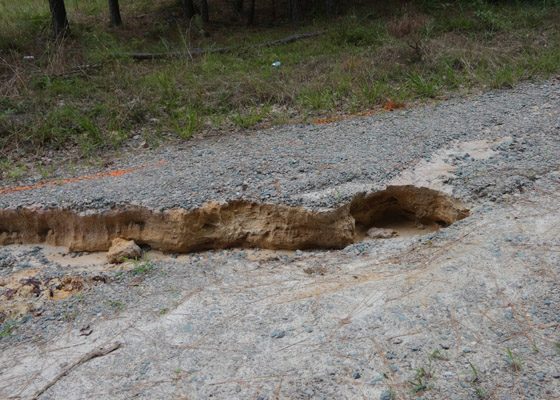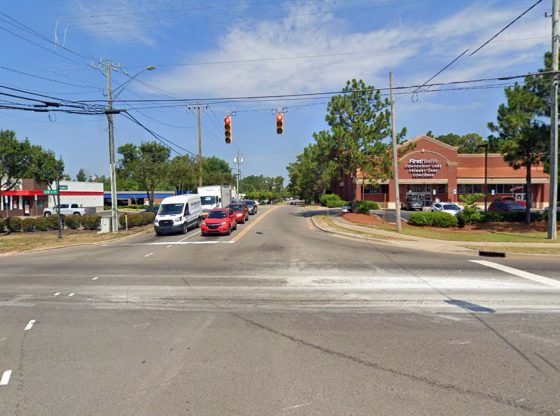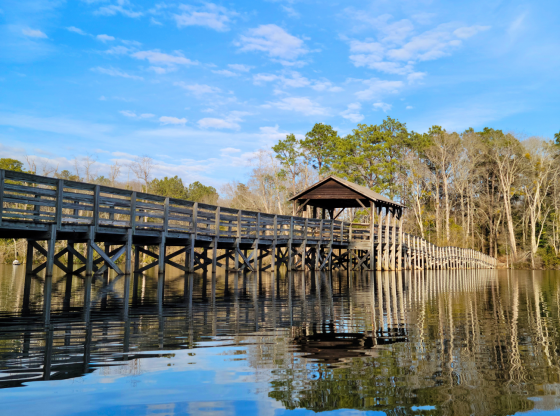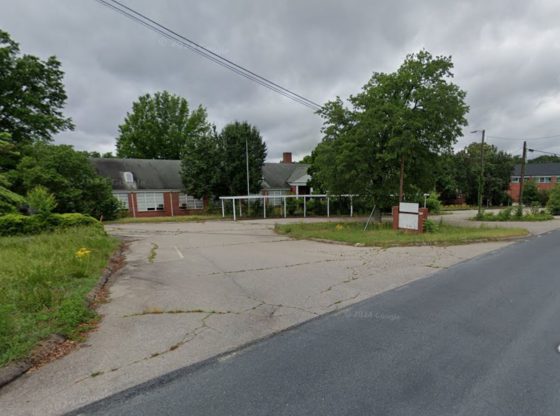The Carthage Board of Commissioners met on Wednesday to discuss plans regarding current and future projects, the fire department, and the town’s budget.
Fire Department Seeks Future Equipment
Carthage Fire Chief Bryan Tyner joined the meeting to discuss approval for the fire department to begin “specking out” future trucks for its fleet.
“As the process for approval and purchasing of new fire apparatus takes years to complete, we are requesting permission to begin specking the new equipment in the hopes of getting costs locked in at the lowest price possible,” said Tyner in his initial proposal. “This will not take any funding up front but will allow the department to research what will be needed and do cost analysis so that when the time comes, we will have the information needed to secure the order as soon as allowable.”
Little discussion was had regarding the fire department’s proposal. “Makes sense,” said Commissioner Brent Tanner simply.
Mayor Jimmy Chalflinch agreed. “Time to find a place to get some fire truck money,” he joked.
Town Manager Emily Yopp hopes to find grants and funding for the trucks in the time it will take for the process, as the trucks likely wouldn’t be purchased until 2027 or 2028. The proposal was approved unanimously.
Increasing Prices of Waste Disposal Services
Republic Waste Services, which provides trash collection for Carthage, has requested a $2 increase in the monthly rate for trash collection, citing inflation and rising operational costs. Currently, Carthage residents pay $11.99 per can, and the proposed increase would raise the rate to $13.99 per can.
The commissioners reviewed waste collection rates in neighboring towns for comparison. Town Clerk Kim Gibson worked to gather the data regarding waste disposal prices from other Moore County municipalities.
Aberdeen and Vass handle waste services internally, opting to go through the county instead of a private company. Cameron’s market rate is $12 per can, and Whispering Pines is around $15.75 per can. Robbins, also serviced by Republic, pays $14 per can. Southern Pines uses GFL, with rates between $18-$20 per can, with separate costs for by-the-ton disposal factored in separately.
Given these comparisons, the commissioners discussed the possibility of seeking new bids for waste services. They noted that Republic could still bid in this process, potentially leading to rates that could be higher or lower than the proposed increase. Commissioner Dan Bonillo suggested negotiating a smaller increase, proposing a counteroffer between fifty cents and a dollar less than Republic’s requested increase. The commissioners agreed to pursue negotiations with Republic to explore this option.
Riddle Ridge Subdivision Progress, Extension
The developers of the proposed Riddle Ridge subdivision, Sanders Engineering, requested a two-year extension on their preliminary plat, which had not seen development activity for two years.
Town Planner Jeniffer Hunt presented the extension request, explaining that although the project met zoning requirements, construction had not commenced within the original time frame. If the extension was not approved, the developer would need to restart the entire approval process. Mayor Pro-Tem John McDonald acknowledged the financial difficulties of the past two years as a possible reason for the delay.
However, an immediate neighbor was present at the meeting and expressed concerns about the subdivision’s impact on his property, particularly regarding watershed changes, erosion to his driveway, and how the retention pond could affect his livestock. He stated that he was previously told a study on the subdivision’s impact on his property would be conducted, but he had not heard anything about it in two years.
Yopp assured him that an engineering inspection would occur if plans indicating potential impacts were submitted, but no such plans had been received yet. As Sanders Engineering has made no progress, there are no plans to be examined.
Commissioner Anton Sadovnikov expressed conditional support for the extension. “I’m comfortable approving [the extension] so long as the engineering due diligence is done,” agreed Sadovnikov in support of the neighboring property owner. He then proposed a motion to grant a one-year extension instead of the requested two years. The motion passed unanimously.
Duke Energy Prices Increase, Service Quality Does Not
Yopp disclosed that town expenses for street lighting will be increased due to Duke Energy raising prices.
Chalflinch believes that with higher costs, Duke Energy must ensure that all streetlights are properly serviced and repaired, which they currently are not. “It’s embarrassing; part of them work, and part of them don’t,” Chalflinch said before announcing that he was not afraid to contact news sources and bring public attention to this matter.
The commissioners collectively expressed frustration over the inconsistent functionality of the streetlights, with many either not working at all or operating sporadically. “Streetlights are one of the primary indicators of an effective local government,” Sadovnikov noted.
With pedestrian traffic on the rise, especially with the upcoming U.S. Open, the need for reliable street lighting has become even more critical, as pointed out by McDonald.
“If the prices are going to go up, then we expect them to work,” said Yopp. The Board decided that in keeping with rate increases, Duke Energy needs to service the lights, repair broken ones, and ensure all are in working order.
Budget Discussion
The highlight of the night’s meeting, which Yopp referred to as “the meat and potatoes” of the evening, focused on the proposed budget for the Fiscal Year 2024-2025. According to Yopp, the town is experiencing growth in both residential and commercial sectors, which necessitates adjustments in municipal services, including planning, police, and fire departments.
During a previous budget workshop on March 9, the commissioners moved toward a priority-driven approach, identifying their top budget priorities. Some of these priorities include:
Downtown Revitalization Plan: One large ongoing objective is the Downtown Revitalization Plan. This project aims to improve pedestrian safety, enhance the area’s appearance, and attract tourism.
Revenue Increases: The town has seen a revenue increase, with property tax revenue up by over 7%. The proposed tax rate remains at 50.5 cents per $100 of assessed property value.
Personnel and Compensation: One of the primary goals is to ensure town employees are paid market-rate salaries. The budget proposes a 4% increase in Cost of Living Allowance (COLA) and an additional 3% set aside for potential wage increases based on a pay study’s recommendations. New hires across various departments are also planned to boost employee retention and service quality.
Yopp emphasized that personnel costs are the largest expense for any organization and that total compensation must be considered when authorizing pay increases. She also mentioned that the addition of new positions is likely to enhance service quality, timeliness, and employee retention, although it may require a tax rate increase in the future to maintain these positions.
McDonald questioned the necessity of a future tax increase. Yopp clarified that while a tax increase is not guaranteed, it is important to consider it as a possibility. The influx of new subdivisions and families moving to Carthage may boost revenue and delay the need for a tax hike.
Several new civic positions would be opened to help decrease the workload on town employees who may be overburdened. Additionally, the police department requested one new full-time position, and the fire department requested three full-time positions.
Anticipated Expenses: Inflation, maintenance, and repairs to town-owned properties are expected to drive up town expenses. However, some departments may require less equipment compared to the previous year. These have been considered accordingly in the proposed budget.
Public Buildings and Spaces: The Board identified the need for improvements in town-owned public buildings and spaces. Planned projects include renovating the Public Works Department and installing a gateway sign among other quality-of-life improvements.
Strategic Planning: The budget includes developing strategic master plans to guide the town’s growth, assist in budget decisions, and provide clear direction for staff. This strategic planning model will promote long-term success in all areas.
“With activities and services continuing to grow in Carthage, the Board identified that the development of strategic master plans is needed to guide growth, assist in making budget decisions, and provide clear direction for staff,” explained Yopp. “This goal supports the Town Manager’s recommended strategic planning model, a process by which these individual plans come together to create a priority-driven system and promote long-term success in all areas.”
McDonald questioned if this would mean the town would bring in “consultants” from larger metropolitan areas, which has happened with other small towns in Moore County. Yopp alleviated these concerns by confirming that external consultants would not be necessary unless the commissioners voluntarily decided to hire them.
Revenue and Expenditure Overview: The proposed budget reflects a 12.92% increase in revenues, indicating a positive financial outlook for the town. Yopp encouraged the commissioners and citizens to carefully consider the benefits of enhanced services and the potential for a future tax rate increase to sustain these improvements.
A public hearing regarding the budget will be held on June 17.
~Article and photo by Sandhills Sentinel assistant editor Abegail Murphy.


